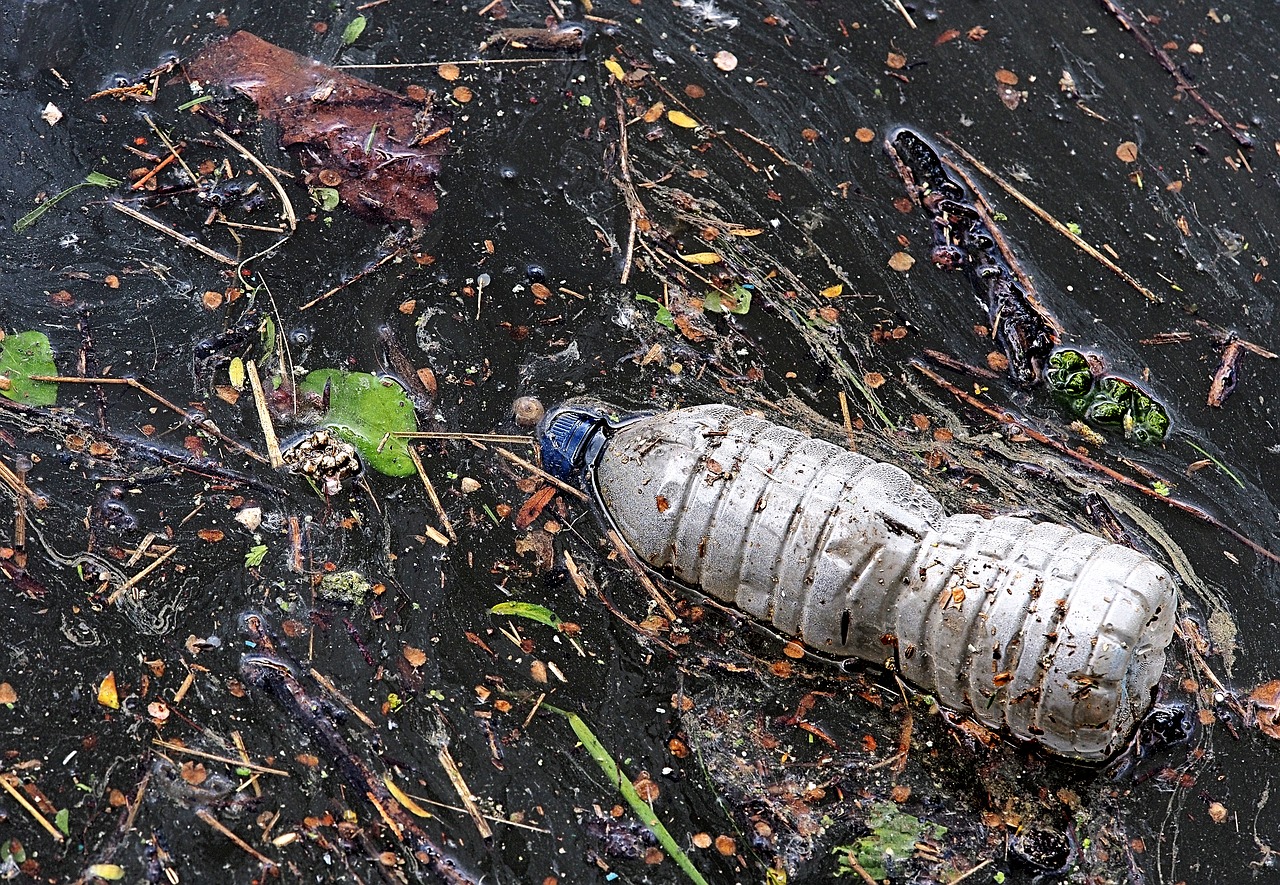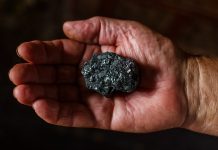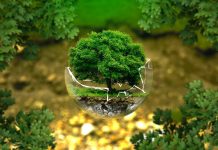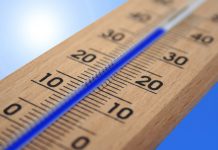
A study has discovered that plastic outnumbered baby fish by seven to one in the ocean areas where they feed and grow off Hawaii.
The study found that in nursery ocean waters off Hawaii, floating plastics outnumbered baby fish by as much as seven to one. The researchers also discovered evidence that marine life has been ingesting the plastics but they have yet to determine the its health implications.
Dr. Gareth Williams of Bangor University said: "We don't have the data to say whether or not this has a negative effect on fish populations. But the fact that they're eating these non-nutritious particles at the point when eating is so critical for their survival in those first few days, it can only be a bad thing."
The researchers were originally examining the roles of "slicks" as nursery habitats for tiny larval fish when they found the surprisingly large amount of plastic. Slicks are naturally occurring, ribbon-like, smooth water features of the oceans where plankton, an important food resource for fish, can be found.
The researchers started surveys for plankton off the coast of Hawaii when they made the discovery. Dr. Williams said: "It was completely unexpected. The fact that the plastics outnumber the larval fish was astonishing."
Dr. Jonathan Whitney, a marine ecologist for the National Oceanic and Atmospheric Administration (NOAA), stated: "We were shocked to find that so many of our samples were dominated by plastics. We found tiny plastic pieces in the stomachs of commercially targeted pelagic (open sea) species, including swordfish and mahi-mahi, as well as in coral reef species like triggerfish."
"Biodiversity and fisheries production are currently threatened by a variety of human-induced stressors such as climate change, habitat loss, and overfishing. Unfortunately, our research suggests we can likely now add plastic ingestion by larval fish to that list of threats," argued Dr. Jamison Gove, of the Pacific Islands Fisheries Science Center in Honolulu.






